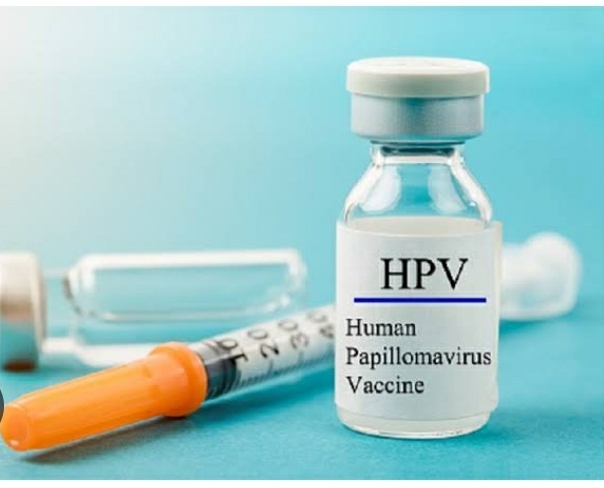
HPV vaccine
Nigeria vaccinates 7.7m girls against cervical cancer
Nigeria has embarked on vaccination of 7.7 million girls population against cervical cancer.
This is said to be the largest number in a single round of HPV vaccination in the African region in a vaccination drive against the virus that causes nearly all cases of cervical cancer.
In a statement, the Vaccine Alliance (Gavi) said girls aged nine to 14 years will receive a single dose of the vaccine, which is efficacious in preventing infection with HPV types 16 and 18, which are known to cause, at least, 70 per cent of cervical cancers.
In Nigeria, cervical cancer is the third most common cancer and the second most frequent cause of cancer deaths among women aged between 15 and 44. In 2020 – the latest year for which data is available – the country recorded 12,000 new cases and 8,000 deaths from cervical cancer.
“The loss of about 8,000 Nigerian women yearly from a disease that is preventable is completely unacceptable,” said Muhammad Ali Pate, the Coordinating Minister of Health and Social Welfare.
“Cervical cancer is mostly caused by HPV, and parents can avoid physical and financial pain by protecting their children with a single dose of the vaccine. Saving lives, and producing quality health outcomes and protecting the wellbeing of Nigerians are central to the Renewed Health agenda of President Bola Ahmed Tinubu. The onset of the vaccination campaign is an opportunity to safeguard our girls from the scourge of cervical cancers, many years into the future,” he added.
A five-day mass vaccination campaign in schools and communities will be carried out during the inaugural roll-out in 16 states and the Federal Capital Territory. The vaccine will then be incorporated in routine immunisation schedules within health facilities. The second phase of the vaccination introduction will start in May 2024 in 21 states.
The vaccine is being provided free by the Federal Ministry of Health through the National Primary Health Care Development Agency, with support from Gavi, United Nations Children’s Fund (UNICEF), World Health Organisation (WHO) and other partners.
